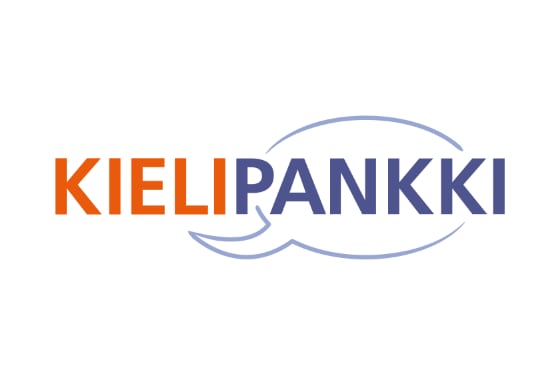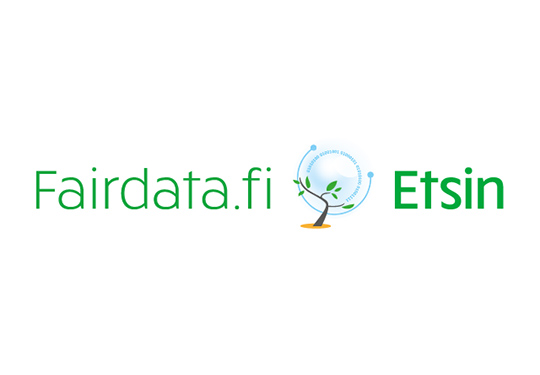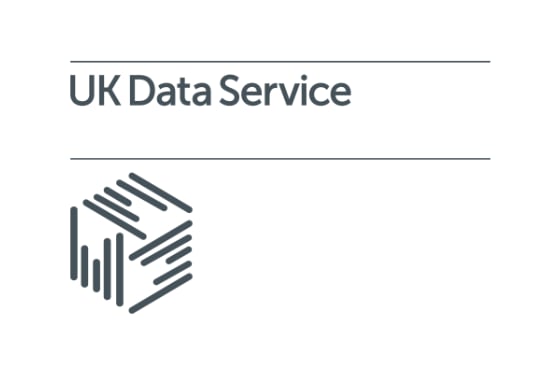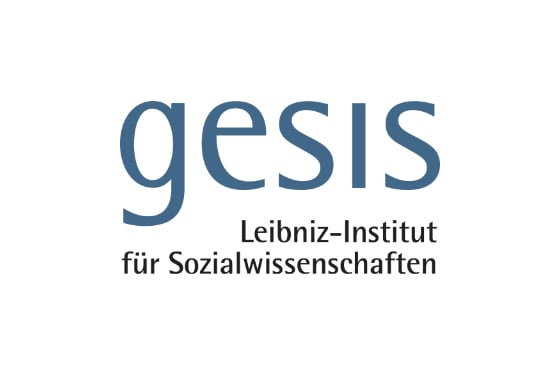Youth
FSD holdings contain a number of data series and individual datasets suitable for research on youth.
There are also many datasets that contain individual questions and variables which are potentially useful to researchers of the subject. The data archived at the FSD can be downloaded free of charge from Aila Data Service, according to the conditions set for each dataset.
Please note that below is listed only a sample of all data available at the Data Archive and we encourage you to use keyword search more datasets on the subject on Aila. In addition, datasets suitable for research on the theme may be found from other European data archives by using CESSDA Data Catalogue (Opens in new tab).
Questions and variables of quantitative datasets that have been fielded in English or translated at the FSD can be explored by browsing through Aila variable search. If a quantitative dataset has not yet been translated, you can request a translation free of charge. Qualitative data are only available in their original language. Where applicable, all related materials are freely accessible on the study description page of each dataset.
Recent Data Releases
- Quantitative study: YouGamble 2019: Spanish Data
- Quantitative study: YouGamble 2018: South Korean Data
- Qualitative study: Focus Group Interviews on the Youth Obligation to Apply for Education 2021
- Qualitative study: Implementation of Intervention Strategies for Physical Activity Promotion in Upper Secondary …
- Quantitative study: Finnish Self-Report Delinquency Study 2020
- Quantitative study: Social Networks of Children and their Parents in the Turku Region 2018
- Qualitative study: Teachers' and Guidance Counsellors' Views on Gender and Culture Sensitive Career Guidance 2020
- Qualitative study: Classroom Teacher Students' Views on Reasons to Not Pursue Teacher Training 2019
- Quantitative study: Everyday Media Use: Survey for 16-30-Year-Olds 2020
- Qualitative study: Child-up: Interviews with Professionals Working with Children with Immigrant Backgrounds 2020-2021
- More data on Aila Data Service
- Quantitative study
- Qualitative study
Datasets on the theme
FSD3484 Vocational School Student Survey 2019
The Vocational School Student Survey (VET Student Survey) 2019 is a total study charting experiences of young people studying in Finnish vocational education institutions. Main themes of the survey included applying for studies, experiences relating to studies and teaching, financial circumstances, plans for the future and working life, and wellbeing and leisure time.
FSD3178 School Well-being Profile 2016-2017: Upper Secondary Institutions
The survey focused on school well-being in upper secondary institutions in Finland, studying student opinions on school facilities, the learning environment, social relationships in school, and means for self-fulfilment in school, as well as the students' perceived health status.
FSD3399 YouGamble 2017: Finnish Data
This survey charted the gambling, social media usage and subjective well-being of young people aged 15-25 years in Finland.
FSD3209 Finnish Self-Report Delinquency Study 2016
The survey studied the extent, frequency and nature of self-reported offending among young people in Finland as well as their attitudes towards crime and experiences of being victims.
FSD3136 Finnish Youth Survey 2016
The main theme for the 2016 Finnish Youth Survey was future. Values and attitudes on working life, environment, discrimination, safety, immigration, and private motoring were also surveyed.
Data series
Data in these series also include questions on the theme.
Datasets elsewhere
People interested in finding data on youth should also take a look at data available at other data archives around the world.
In Finland, the Language Bank of Finland (Opens in new tab) also provides services to researchers and archives audio and video material. Research data produced in Finland may also be searched via the Fairdata.fi Etsin (Opens in new tab) . Services of various European social science data archives can be accessed through the website of CESSDA (Opens in new tab) . The UK Data Service (Opens in new tab) has, among other things, a wide variety of excellent qualitative data. Another good source of data is the German GESIS - Leibniz Institute for the Social Sciences (Opens in new tab) . The extensive holdings of the American ICPSR (Opens in new tab) are also well worth searching.






